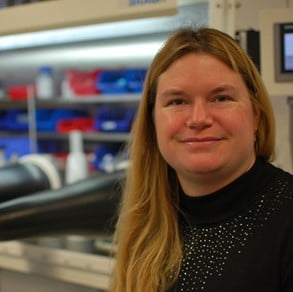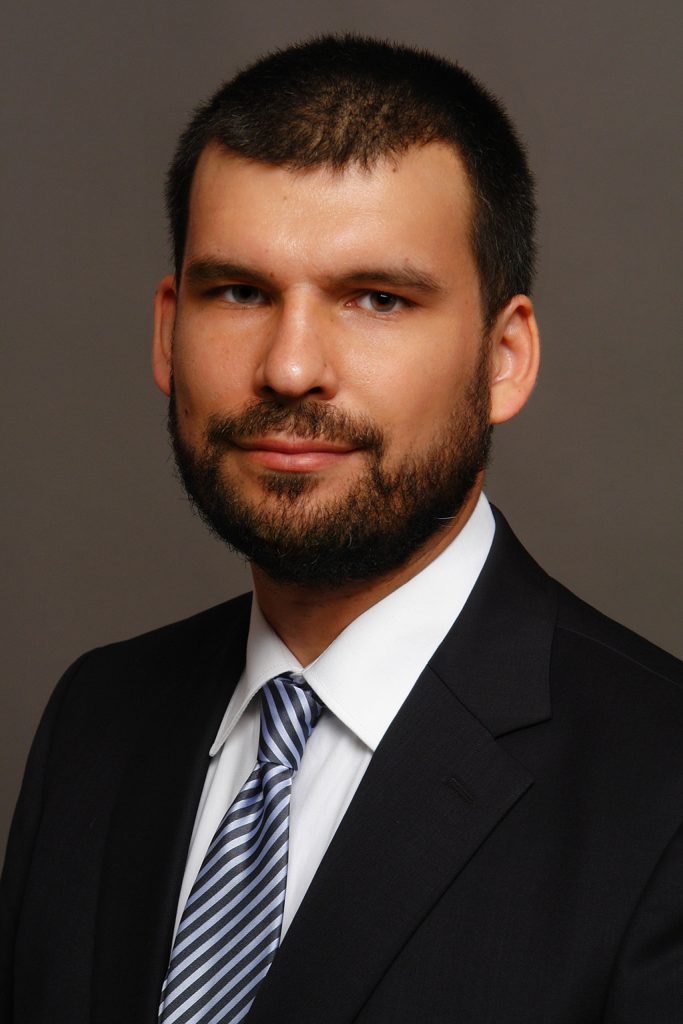Sonja Herres-Pawlis

has held the Chair of Bioinorganic Chemistry at RWTH Aachen University since 2015. She studied chemistry at Paderborn, Germany, and Montpellier, France. After her PhD thesis (Paderborn 2005) and Postdoc (Stanford University) in bioinorganic chemistry, habilitation on sustainable polymerization catalysts at TU Dortmund, she worked as associate professor for coordination chemistry at LMU Munich.
She received the Innovation Prize of the state of Northrhine-Westphalia and the Arnold-Sommerfeld Prize of the Bavarian Academy of Arts and Sciences. She has published over 200 original papers and 4 patents in the fields of bioinorganic chemistry and sustainable polymerisation chemistry. From 2014-2017 she was speaker of the interdisciplinary DFG research group BioCTDyn dealing with charge-transfer states of metal complexes. From 2015-2018 she has been a member of the MaSi project, a DFG-funded project on metadata in applied sciences. Her interest in metadata in chemistry led to numerous cooperations in research data management. Since 2020, she has been co-speaker of NFDI4Chem being responsible for the task area Community and Training. Recently, she was awarded with a Momentum project of the Volkswagen Stiftung for sustainable machine learning applications in chemistry.
Moreover, she is head of the chemistry department of RWTH Aachen University and member of the strategy board of the university.
Johannes Liermann

studied chemistry at the universities of Mainz and Hamburg and completed a doctoral thesis on the structure elucidation of fungal metabolites under the supervision of Till Opatz. Since 2011, he has been head of the routine NMR spectroscopy lab at the Department of Chemistry of Johannes Gutenberg-University Mainz. Johannes has also been an elected board member of the GDCh Magnetic Resonance group since 2017.
Coming from an NMR spectroscopy background, Johannes has been interested in the digitization of analytical data and metadata for many years. Already before becoming a part of NFDI4Chem, he had been involved in the DFG-funded community project IDNMR, aiming at improving the quality of published NMR data through the digitalisation of the complete workflow from acquisition over analysis to publication. As part of this project, Johannes has been a partner in the development of the browser-based NMR analysis application NMRium.